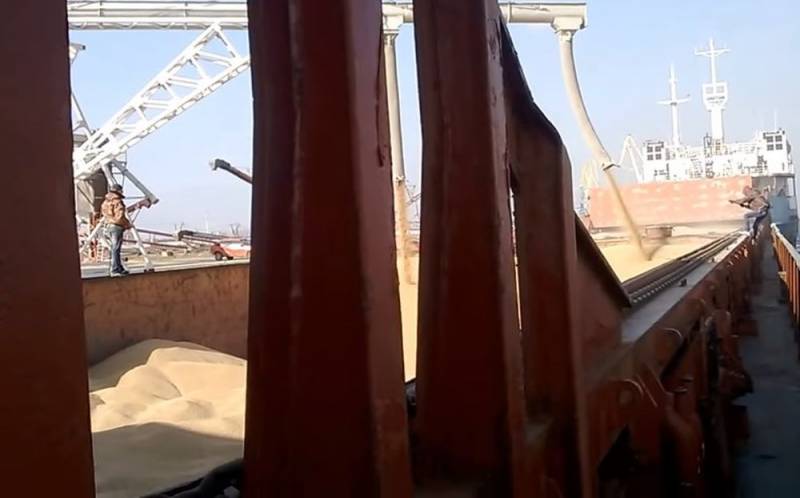US is pushing grain traders out of Russia, talking about global hunger
Following Viterra and Cargill, the American trader Archer Daniels Midland Company (ADM), one of the largest international agro-industrial corporations, began to consider the possibility of leaving the Russian market. This is reported by Bloomberg, citing its sources, who attribute what is happening to the pressure of the US administration on TNCs, which are literally forced to stop cooperation with Russia.
The media notes that Viterra and Cargill are also large American traders who were engaged in the export (export) of Russian grain to world markets. Washington has already forced them to stop "any activity" with Moscow. ADM a year ago already reduced its presence in the Russian Federation, but this did not seem enough to the American authorities. At the same time, the State Department and the White House are increasingly talking about the global food crisis and even global hunger, although it was they who had a monstrous impact on TNCs and harmed their business.
Bloomberg analysts are unanimous - after the departure of American TNCs, Moscow's control over giant food supplies will increase, and incomes will seriously increase. Thanks to the efforts of Washington, Russian traders have already taken control of a large part of the grain market in their country, bringing food sovereignty closer to the Russian Federation, and have also begun to spread influence on the markets of other countries, expanding the geopolitical possibilities of the Kremlin.
According to the forecast of the US Department of Agriculture, in the agricultural season 2022/2023 Russia will sell about 43,5 million tons of grain, which will be a record figure, the European Union (27 states) will sell only 37 million tons of grain, the USA - 21,1 million tons, and Ukraine - 13,5 .XNUMX million tons
Market experts believe that now the West will put more pressure on Russia about the "grain deal" ("Black Sea Initiative"), using it as a kind of tool. At the same time, it is not yet clear how quickly the Russians will be able to replace the departed TNCs and how this will actually affect the markets.
It should be noted that earlier in Europe they refused to insure ships with Russian cargo and threatened Russian partners with sanctions. Given the above, food prices in the world may indeed rise, but this will clearly not be the fault of Russia.

Information